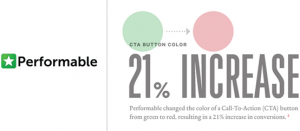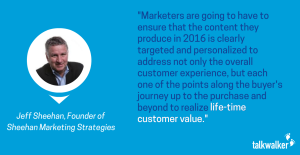Generative AI Most Transformative Technology On Par With The Internet
Moves by Google and Microsoft to integrate generative artificial intelligence (AI) into their respective advertising businesses will change the way marketers create ad campaigns — and will also transform the entire technology ecosystem.
“We view generative AI as one of the most meaningful technology innovations in our career,” wrote analysts at Baird Equity Research.
The analysts — which expect the technology to have vast implications for its stock coverage — put the transformative technology on par with the birth of the internet, rise in cloud computing, and the evolution of mobile computing.
The admission comes following a call with venture capitalists that focus a lot on artificial intelligence (AI). The call addressed themes around generative AI and the potential impacts across software as a service (SaaS).
Some of the immediate impacts and considerations for SaaS subsectors and cloud platforms include development and operations, because it will empower non-traditional developers without prior coding experience; customer service, because calls could be more successfully resolved via automated responses; and sales and marketing, because it can help companies more effectively manage marketing campaigns and target sales efforts by directing teams to highest return on investments.
There is a general curiosity about generative AI. Data released Friday shows OpenAI as the fastest-growing website among the top 50 most-visited sites. Only four months after launching the AI-powered conversational technology ChatGPT, openai.com is nearing one billion unique visitors per month.
And while Google and Microsoft have long used AI to optimize and target ads, the two companies have begun to experiment and integrate generative AI into respective advertising and ad targeting platforms. Traditional AI focuses on detecting patterns, forecasting performance, and making decisions. Generative AI produces new content, responses, designs, and synthetic data.
Google, for example, will use large language model (LLM) technology to create ads on search pages, and in Gmail, Maps, YouTube, and its other platforms.
Earlier this week, Google announced that developers of Google Ads and Display & Video 360 have been experimenting with interest-based audience (IBA) solutions.
This also includes affinity, in-market, custom audiences and demographic segments on Google’s display network, using a combination of privacy-preserving signals.
The tests compared targeting audiences with Google Ads display campaigns and Display & Video 360 display campaigns using IBA, with and without AI, which provided a strong hint that the technology would be integrated into its advertising platforms.
Google CEO Sundar Pichai in April told the Financial Times the company plans to integrate its conversational AI technology Bard into search.
Earlier this week, the FT reported Google’s plan to introduce generative AI into Performance Max, a platform that already uses AI and an algorithm to determine where ads should run and how marketing budgets should be spent. It also produces simple advertising copy based on input from marketers.(22)
Report Post







